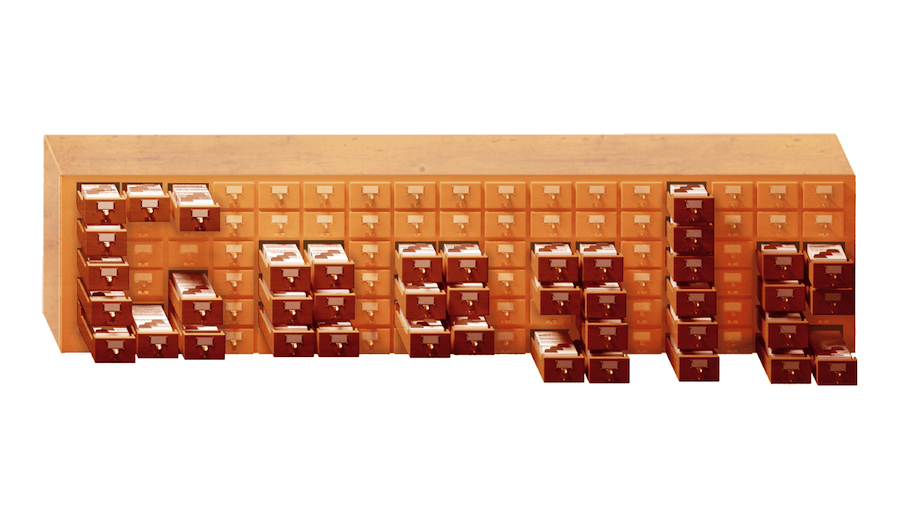Many companies will keep their respective departments’ files in different locations. Whether this is out of convenience or habit will vary according to circumstance. However, what can be known is this system of filing is both inefficient and time consuming. A decentralised filing system will lead to a breakdown of organised records management and will put your businesses’ confidential information at risk.
A centralised filing system actively encourages cross-referencing and collaboration between departments, and increases the efficiency of your office’s information flow. Above all, it enhances file security with files all under unitary supervision and security.
1. Efficient Business Operations
Decentralised filing systems often precipitate time consuming file retrieval. With files situated at different locations it becomes a far more complex task for employees to retrieve files. Employees will have to spend valuable time contacting colleagues from other departments inquiring after the location of files and will have to then rummage through these often unfamiliar storage rooms.
If files are all stored in one location employees are far more likely to be familiar already with their prospective hunting ground. Employees will recurrently visit this same location and will be more familiar with the organisation and indexing of these files. This remains the case with companies storing their files in one offsite location; employees will regularly use this facility to access files and will become accustomed with its procedures for file retrieval.
2. Reduced Expenditure
Keeping up with the maintenance of several storage locations is likely to be expensive. Companies that use decentralised filing systems are not only more likely to using inadequate locations for document storage but are probably spending more on the preservation of multiple storage sites.
A centralised filing system eliminates the need for duplication of filing equipment and corresponding security measures. Furthermore, onsite and offsite centralisation both reduce precious office space expenditure. Offsite centralised storage is likely to show the greatest return on investment. Offsite specialists are able to provide you with storage space tailored to your needs and will take on the added financial burden of maintaining secure storage facilities.
Offsite storage companies will be sure to uphold stringent data protection policies and could save your organisation money in the future on costly lawsuits and fines.
3. Increased Security
Having files in one location is likely to promote greater information security in your workplace. Centralised filing offers only one point of access which can be easily monitored and restricted. At any one time a company is going to be holding confidential information and a decentralised filing system could jeopardise the security of customer information. A data breach of this kind could have devastating repercussions for your company’s reputation.
A centralised filing system means that there needn’t be multiple copies of files around the office in different employee’s possession. The absence of multiple copies means files are more easily tracked and protected from perpetrators. A decentralised filing system often leads to document fragmentation; without realising offices might keep duplicates of the same document in several locations. With only one central location dedicated to filing, companies are more likely to arm this location with appropriate security and staff. Heightened access controls and security standardisation are also favourable outcomes of centralisation.
Centralised Filing Works Best Offsite
To wholly enjoy the benefits of record management centralisation your company should consider outsourcing documents to an offsite facility. A facility will be able to monitor the retention cycles of all your documents and will be able to suitably destroy those files when necessary. Centralisation is a great opportunity for your company to purge itself of redundant files and any leading record management company will have the expertise to help you streamline your records according to their legal life cycles.
Whilst having an onsite central filing system will save you money and time, it will mean that your Records Information Management (RIM) system will be less adaptable to inevitable change in the future. Any modification in your organisation would likely entail momentous reorganisation of your centralised filing system – an administrative nightmare for your employees. A record management facility, with its multitude of staff and expertise, will be able to amend your storage solution as your company expands and changes.











